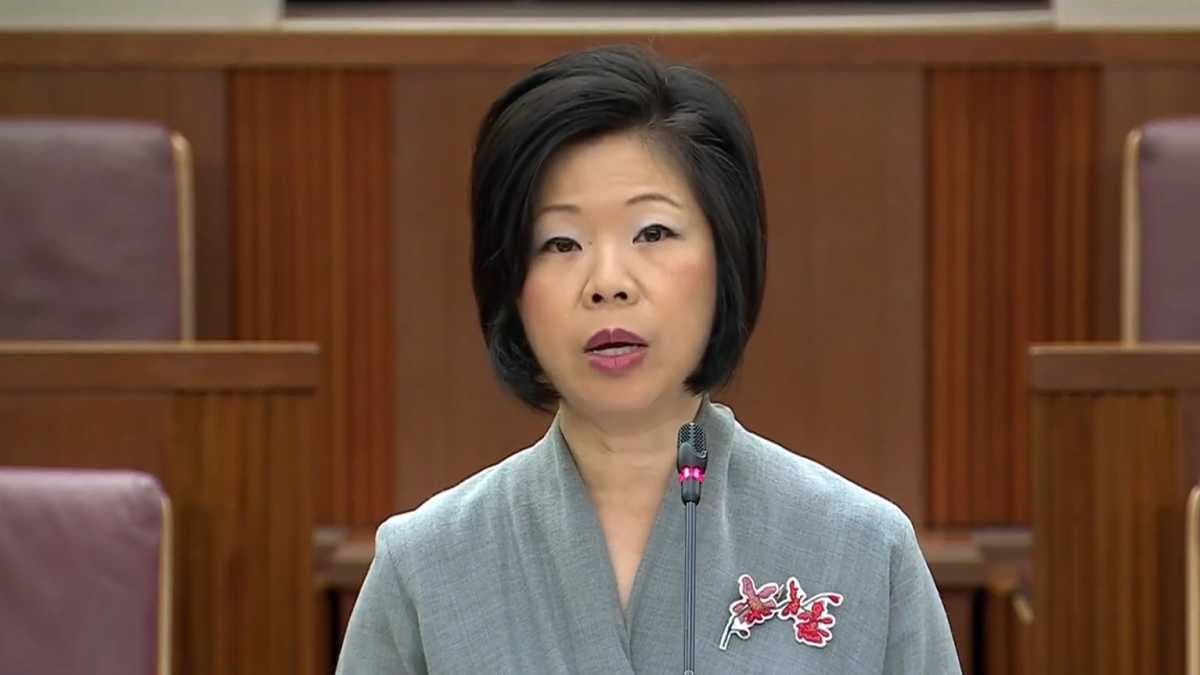Sim Ann: New law criminalises false doxxing of public servants, assures space for fair criticism
Singapore will impose tougher penalties for doxxing public servants under new laws passed in Parliament, targeting cases where falsehoods are spread to undermine public confidence. The offence carries up to three years’ jail and a fine of S$10,000, though officials assured that legitimate public criticism and genuine mistakes will not be penalised.

- Parliament passed the Criminal Law (Miscellaneous Amendments) Bill on 4 November 2025, introducing stronger penalties for doxxing public servants and scam-related offences.
- Offenders who cheat through remote communication now face mandatory caning, while doxxing with falsehoods attracts up to three years’ jail and a S$10,000 fine.
- Authorities emphasised that the new laws will not curb legitimate public feedback or criticism.
SINGAPORE: Singapore will introduce tougher penalties for doxxing public servants, while assuring that the new laws will not restrict legitimate public criticism or feedback.
Doxxing of public servants, when accompanied by false information, will now attract a maximum penalty of three years’ jail and a fine of up to S$10,000.
On 4 November 2025, Singapore's Parliament passed the Criminal Law (Miscellaneous Amendments) Bill, introducing sweeping changes that include caning for serious scam offenders and online sexual predators.
The changes aim to curb technology-driven crimes, protect vulnerable victims, and modernise Singapore’s criminal justice framework.
Crackdown on scams causing billions in losses
Speaking in Parliament, Senior Minister of State for Home Affairs Sim Ann said scams remain “by far the most prevalent type of crime in Singapore today,” accounting for about 60 per cent of all reported crimes between 2020 and mid-2025, with total losses estimated at S$3.7 billion.
Under the proposed changes, offenders convicted of cheating through remote communication will face mandatory caning of at least six strokes, in addition to existing penalties. Recruiters and members of organised scam syndicates will also face mandatory caning if they knowingly participated in such operations.
Those who facilitate scams by selling or providing Singpass credentials, SIM cards or bank accounts may face discretionary caning, depending on intent and awareness. Victims who were deceived into assisting scams will not be punished.
Recalibrating punishment, not softening crime stance
Ms Sim stressed that the amendments do not signal any relaxation of Singapore’s strict stance on crime but instead a “recalibration of punishment.”
Currently, there are 96 offences with discretionary caning and 65 with mandatory caning. The Bill proposes removing caning for eight offences — including certain vandalism cases — and converting 15 others from mandatory to discretionary.
“Caning will continue to apply to serious sexual and violent offences,” she said. “But for preparatory or lower-harm crimes, courts will have more discretion.”
Stronger safeguards for public servants and free expression
Beyond scams, the Bill also strengthens protections for public servants and public service workers who face harassment or online doxxing in the course of duty.
A new offence under the Miscellaneous Offences Act will criminalise the doxxing of public servants when accompanied by falsehoods, which can undermine public confidence in institutions. Offenders may face fines or imprisonment.
However, Ms Sim assured that the new laws will not restrict legitimate feedback or public criticism.
“Neither of these amendments prevents members of the public from expressing legitimate feedback or criticism, including publicly,” she said. “Such feedback expressed constructively and through appropriate channels can help us improve our service delivery.”
Adapting criminal law to modern threats
Other amendments introduce life imprisonment or up to 30 years’ jail for fatal abuse of vulnerable victims, harsher penalties for large-scale circulation of obscene material, and a ban on AI-generated pornography and deepfake sexual images.
“These amendments make our criminal laws clearer, fairer and more responsive to modern threats,” Ms Sim said.
“They reinforce deterrence while ensuring justice keeps pace with technology.”







